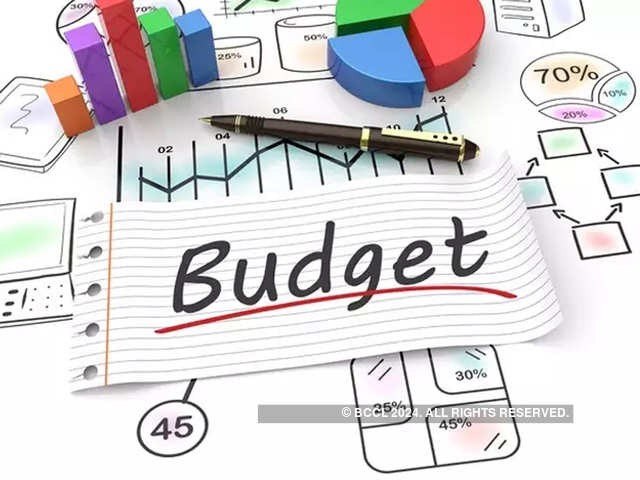Meaning and Need for Budget:
A budget is a
blueprint of the plan of action to be followed during a specified period of time
for the purpose of attaining a given objective.
According to CIMA
Terminology, budget is “a plan quantified in monetary terms prepared and
approved prior to a defined period of time, usually showing planned income to
be generated and/or expenditure to be incurred during that period and the
capital to be employed to attain a given objective”.
Features:
An analysis of the
above definition reveals the following essential features of a budget:
(i) It is prepared
beforehand based on a future plan of actions;
(ii) It is related
to a definite future period and is based on the objectives to be attained;
(iii) It is
expressed in financial terms;
(iv) It shows
planned income to be generated;
(v) It shows
probable expenditure to be incurred;
(vi) It indicates
the capital to be employed during the period;
Thus, a budget
sets the firm’s goals in clear formal terms to avoid confusion and provides a
detailed plan of action for achieving the goals. It is a means of communication
by which the top management uses the budget as a vehicle to communicate their
ideas to the subordinates who are to give them the practical shape.
It coordinates the
various activities (such as sales, production, purchases etc.) of the
organization in such a way that the use of resources is maximized. It also
provides a means of measuring and controlling the performance of the
organization, and supplies information to the management, on the basis of which
necessary corrective actions may be taken.
Types of budget:-
1. Sales Statement:
It includes a
forecast of total sales during a period expressed in money and/or quantities in
the organization. The forecast relates to the total volume of sales and also
its break-up product-wise and area-wise in the organization. The
responsibilities for making the sales budget lies with the sales manager in the
organization.
2. Cash Budget 2:
In the
organization, the cash budget usually gives detailed estimates of (a) cash
receipts and (b) cash disbursements for the budget period. In the organization,
it is prepared (i) to ensure that cash is available in time for meeting the
financial commitments and (ii) to use cash available in the best possible
manner.
3. Production Budget:
It includes a
forecast of the output during a particular period analyzed according to (a)
products, (b) manufacturing departments, to schedule its production according
to sales forecast in the organization.
4. Flexible budget:
A flexible
budget is a budget that adjusts or flexes with changes in volume
or activity. The flexible budget is more sophisticated and useful than a
static budget. (The static budget amounts do not change.
They remain unchanged from the amounts established at the time that the
the static budget was prepared and approved.
Video
Lecture Links:

Comments
Post a Comment